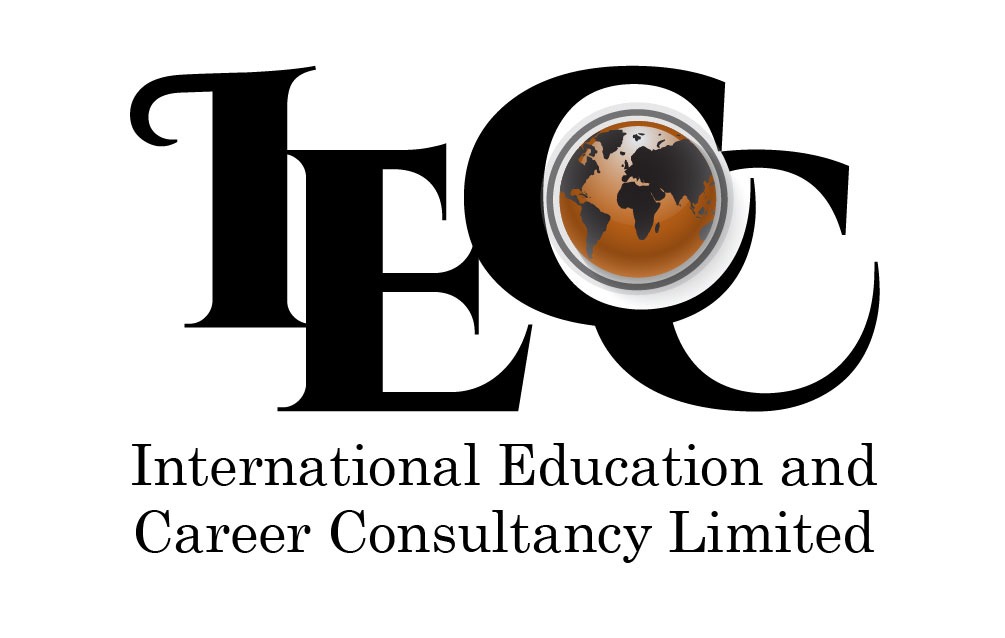Overview
This new programme is designed to develop leaders with a deep understanding of sustainable development ideas, institutions, policies and networks – and the necessary critical thinking skills to inform policy and create long term impact.
It is designed and delivered by a team with a cutting-edge research and policy advisory track record, who are passionate about sustainable development.
Choosing this programme means joining the Division of Peace Studies and International Development at the University of Bradford – the largest university centre of its kind in the world.
Upon graduation you’ll be part of a worldwide network of alumni, many of whom have gone on to leadership roles in international organisations.
The programme offers excellent opportunities for applied policy research and work on real world issues, and developing team-working and leadership skills through curricular and extra-curricular activities in a vibrant division.
Entry requirements
A typical application would include an undergraduate Degree (2.2 honours or above) UK system or comparative result if outside UK. We also give serious consideration to applicants with non-traditional backgrounds and take relevant work experience into consideration.
Applications are welcome from students with non-standard qualifications or mature students (those over 21 years of age on entry) with significant relevant experience.
If you have prior certificated learning or professional experience which may be equivalent to parts of this programme, the University has procedures to evaluate this learning in order to provide you with exemptions from specified modules contained within the curriculum.
English language requirements
IELTS at 6.0 or the equivalent.
If you do not meet the IELTS requirement, you can take a University of Bradford pre-sessional English course.
Course Content
All module information is subject to change.
Modules
Core
Critical Perspectives on Sustainable Development (DEV7026-B)
Policy Analysis for Governance and Development (DEV7037-B)
Sustainable Cities (PES7052-B)
Dissertation (PES7040-E)
Professional Experience (PES7056-Z) For those choosing the 15-month full time option or a part time route including a voluntary placement/internship
Option
African Politics and Security Dynamics (PES7035-B)
Issues in Development Theory (DEV7003-B)
Gender, Conflict and Development (PES7041-B)
Natural Resource Governance (PES7045-B)
Peacekeeping and Peacebuilding (PES7046-B)
Africa Study Visit (PES7034-B)
Movements for Social and Ecological Justice (PES7044-B)
Assessing Development Practices Needs and Outcomes (DEV7039-B)
Environment, trafficking and crime: transnational issues and International Governance (PES7062-B)
Finance for Development (DEV7001-B)
Elective
Career support
The University is committed to helping students develop and enhance employability and this is an integral part of many programmes. Specialist support is available throughout the course from Career and Employability Services including help to find part-time work while studying, placements, vacation work and graduate vacancies. Students are encouraged to access this support at an early stage and to use the extensive resources on the Careers website.
Discussing options with specialist advisers helps to clarify plans through exploring options and refining skills of job-hunting. In most of our programmes there is direct input by Career Development Advisers into the curriculum or through specially arranged workshops.
Career prospects
This programme iis designed to boost career opportunities for those seeking to work in and develop future leaders of local, national, and international organisations and in corporate sector in relation to corporate social responsibility. The programme develops a wide range of skills and deeper understanding of sustainable development issues which can help create an edge for the graduates to apply their knowledge and policy analysis skills in a variety of settings.
Our postgraduate politics courses were ranked 2nd in the UK for employability in the 2018 Postgraduate Taught Experience Survey (PTES).
Learning and assessment
In addition to lectures, seminars and classroom and virtual learning tool-based learning, there will be small group activities, both assessed and unassessed (formative), which give you the opportunity to develop and reinforce collaborative learning skills.
The programme is intended to:
- develop your knowledge and comprehensive understanding of concepts, theories and frameworks of sustainable development and their application in policy and practice
- develop your skills to analyse, synthesise and critique current and emerging research and practice and critically appraise evidence using insights at the forefront of the discipline and practice
- advance your knowledge and understanding of skills and techniques to develop innovative ideas and originality in the application of knowledge in relation to sustainable development policy and practice for your own research and advanced scholarship
- develop your skills to formulate and independently investigate a complex issue related to sustainable development by developing appropriate research questions and critically evaluating evidence to answer such questions and communicating your findings at an advanced level
- develop your autonomous learning skills for lifelong learning to become even better at being an independent learner and critical and creative thinker
- further develop your skills in communicating complex ideas and issues to different groups of stakeholders
- equip you with the knowledge and skills to become a reflective and critical practitioner and work as an effective team member in culturally diverse groups and teams
